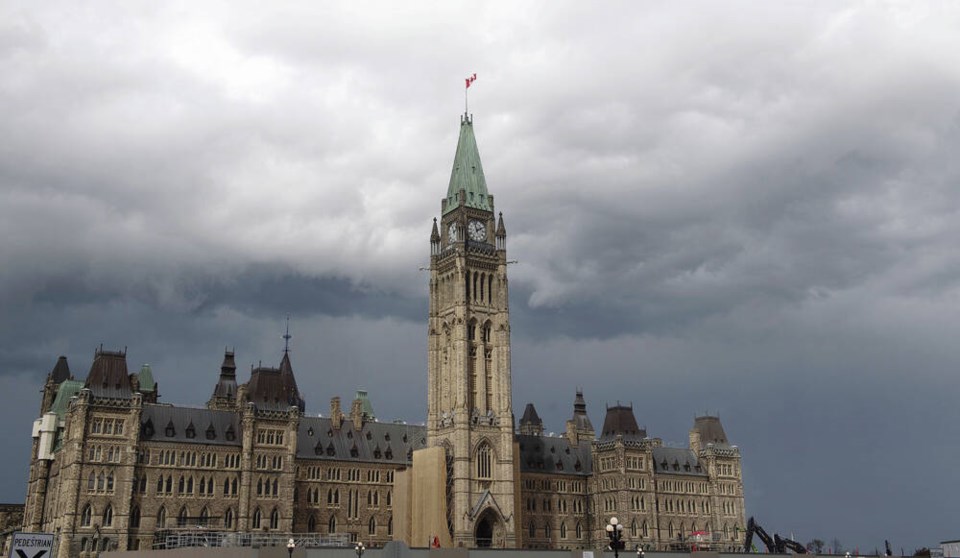Two weeks ago in Parliament an all-party group of 20 MPs forced a vote on electoral reform. Among them were B.C.’s Elizabeth May, Jenny Kwan and Patrick Weller.
While the motion was defeated, 92 members voted in favour.
Their argument is straightforward. The current first-past-the-post system fails to capture adequately all points of view.
By rewarding only winning candidates, it gives no weight to the often considerable levels of support for also-ran candidates. As a result, the balance between votes cast and seats won is frequently unfair.
Thus in the 2021 federal election, the NDP captured 16 per cent of the vote, nationwide, but won only four per cent of the seats. The Greens took 6.5 per cent of the vote, but gained only one per cent of the seats.
At the other end of the scale, the Conservatives under Erin O’Toole won 200,000 more votes than the Liberals, yet ended up with 36 fewer seats, giving Justin Trudeau the election.
The motion calling for electoral reform did not specify the nature of the changes to be made.
As a first step, it proposed the formation of a citizens’ assembly to explore the matter further.
However it also hinted, not obscurely, that some form of proportional representation would be the preferred alternative.
Yet while such a system would be mathematically fairer, it also raises considerable risks.
For across the country there are isolationist forces in play.
Alberta has passed an Alberta Sovereignty within a United Canada Act that aims to give the province authority to disregard federal laws that negatively impact the province.
Saskatchewan has passed a Saskatchewan First Act, with much the same purpose.
And in Quebec, the National Assembly has amended the Charter of the French Language to establish French as the only official language in all spheres of society. As well, students from elsewhere in Canada will now have to pay a $12,000 fee to attend English-speaking universities in Quebec — a 30 per cent hike.
It’s entirely possible that some or all of these policies may be struck down on constitutional grounds. But what matters are the divisive sentiments, which will live on even if the courts rule against them.
For what we see here are attempts to undermine confederation and vaunt the role of the provinces over Ottawa.
No good can come of that. Fragmenting the country in this manner will only drive regions apart, and that is the concern.
While proportional representation gives a louder voice to minority yet mainstream views, it can also encourage fringe or splinter groups.
Down that road, how long before we have an Alberta First party or a Saskatchewan First party, seated in parliament to speak only for those provinces.
And if that happens, what if other regions join in? A Maritimes party? An Ontario First party?
It might be answered that we already have a Bloc Québécois, whose desire to break up the country came within one percentage point of succeeding in the 1995 referendum.
But is this a precedent we want to see adopted across the country? Who speaks for Canada if we take that path?
An enfeebled and diminished federal government cannot play the role we expect of it — speaking as the voice of Canada abroad, and holding the country together at home.
The philosopher Thomas Hobbes described the state of society in which there is no effective government as “a war of all against all.”
That is where isolationist forces in Alberta, Saskatchewan and Quebec are leading us. Altering our current election system, for all its imperfections, would hasten them on their way.
>>> To comment on this article, write a letter to the editor: [email protected]




